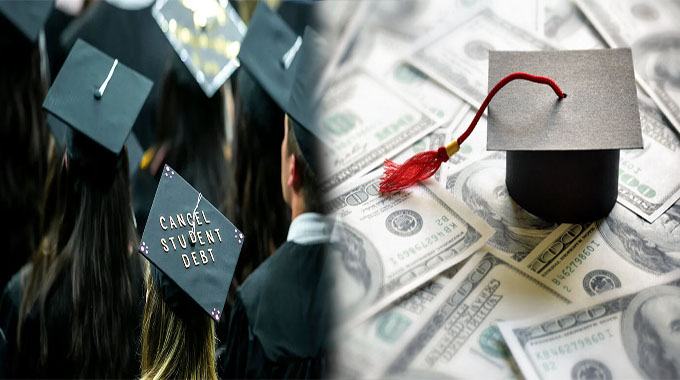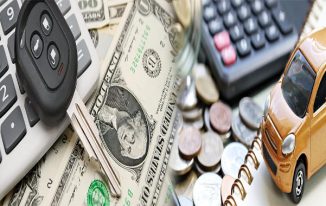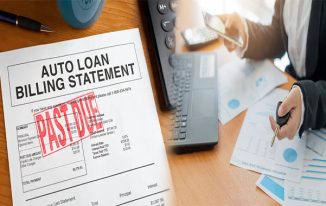If you’re in your 20s or 30s, you might be wondering how much student loan debt will affect your retirement years. It’s a good question to ask! After all, if you’re still struggling with student loans as an adult, it could impact your ability to save for retirement and other long-term goals. That’s why we’ll explain how paying off student loans early can help improve your financial situation later on down the road — starting with how much it would be worth for you if you paid off $100K in student loan debt today!
There are many benefits to paying off your student loans ahead of time.
There are many benefits to paying off your student loans ahead of time. First and foremost, you’ll have more money in your pocket. If you’re paying $600 per month on a student loan with an interest rate of 6%, then that means for every $100 you pay off, another $6 goes toward interest payments. That’s not even taking into account the fact that most people don’t have enough money saved up to pay off their entire loan at once–meaning they end up making monthly payments for years on end before they ever see any real progress on their balance sheet (and saving themselves thousands more dollars in interest).
Secondarily but equally important: Getting rid of debt frees up mental space! There’s something extremely liberating about knowing exactly how much debt is weighing down upon your shoulders every day–and being able to shrug it off as easily as removing an article of clothing can be incredibly empowering. It’s like being encumbered by chains only instead those chains are really just pieces of paper telling us how much money we owe other people…
You’ll have more money in your pocket every month.
You will have more money in your pocket every month.
You’ll be able to spend more on things you want, and less on things you don’t want. A bonus is that this extra cash can also help pay off any student loan debt that remains after graduating from school!
You’ll save on interest payments and get rid of a lot of debt.
- You’ll save on interest payments and get rid of a lot of debt.
- Interest rates are high, so it’s important to pay off your loans as quickly as possible. If you can find an extra $200 or so each month, consider putting it toward your student loans instead of spending it on things like takeout or concert tickets. You’ll save money by paying off your loans early, and you won’t have to worry about making monthly payments for years (or even decades).
Paying off high-interest loans can be a good idea, but don’t pay off lower-interest loans first unless you have more money than you know what to do with.
If you have high-interest loans, such as credit cards and lines of credit, it can be tempting to pay those off first. However, if you’re just starting out in life and have a lot of student loans with lower interest rates (or no interest at all), then it makes more sense to focus on them instead.
Don’t worry about the fact that these lower-interest payments might take years longer to pay off; your future self will thank you!
The government offers forgiveness programs for certain borrowers — check out what options are available to you if you’re eligible.
If you have student loans and are eligible for one of the government’s forgiveness programs, it’s worth exploring what your options are.
Here are some of the most common ways to get out from under your debt:
- Check out the government’s student loan forgiveness programs. There are many different types of these programs, but they generally involve making a certain number of monthly payments over a certain period of time (usually 10 or 20 years). After that period ends, any remaining balance on your loans will be forgiven by Uncle Sam. Some examples include: – Public Service Loan Forgiveness Program – Teacher Loan Forgiveness Program – Income-Driven Repayment Plans (IDRs)
Student loan debt is a big problem in the U.S., but there are ways to help solve it!
Student loan debt is a big problem in the U.S., but there are ways to help solve it!
- Pay off high-interest loans first. If you have multiple student loans, start by paying off those with higher interest rates first and then move onto others from there. You’ll save yourself a lot of money over time by doing this.
- Pay off lower-interest loans next, then highest rate last (if applicable). This strategy will also save you money since it helps ensure that all of your payments go towards paying down debt rather than just covering interest payments on already existing balances–and again, if any of these loans have different rates or terms attached to them (like variable vs fixed), make sure those get paid off before moving onto others!
It’s important to remember that student loan debt is a big problem in the U.S., but there are ways to help solve it. If you’re struggling with your loans or know someone who is, check out our guide on how to pay off student loans faster.













